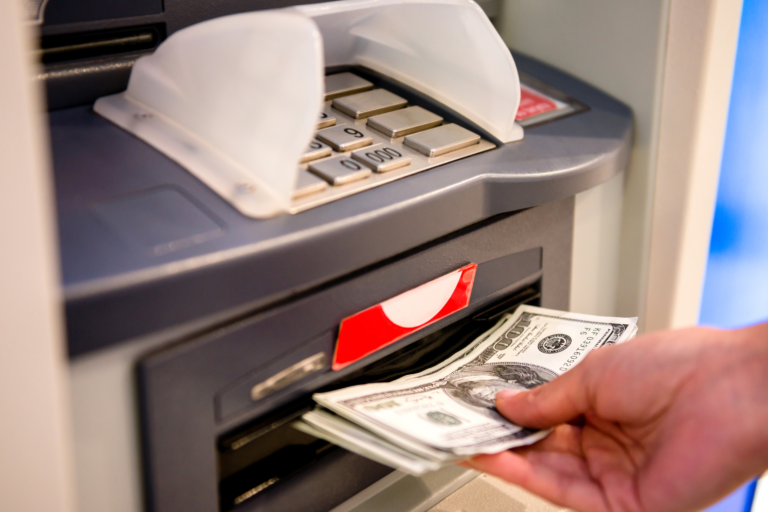Administering a deceased person’s estate through probate court involves several costs, which must be paid with the decedent’s assets and money subject to probate. Is an executor authorized to use a decedent’s bank account in Florida? Read on to find out.
Can Executor Use Deceased Bank Account in Florida? – The Verdict
If a Florida resident dies owning a bank account without designated beneficiaries or joint account holders, the account must go through probate.
All assets held solely in the decedent’s name must be distributed according to the instructions in the will, which requires court supervision. In formal probate administration, the court must appoint an individual to serve as the executor.
Also referred to as the “personal representative,” the executor is responsible for administering the decedent’s estate, solving any pending issues, and distributing the remaining assets to their rightful heirs.
Part of the executor’s duties includes paying bills, notifying creditors, paying valid creditors’ claims, filing tax returns, and paying the costs involved in the estate administration. If a deceased’s bank account is subject to probate, the executor must gain access to the funds held in the account.
Accessing a Deceased’s Bank Account in Florida – Understanding the Executor’s Duties
Florida Statutes §733.608 (1) provides that “all real and personal property of the decedent, except the protected homestead, within this state and the rents, income, issues, and profits from it shall be assets in the hands of the personal representative:
- For the payment of devises, family allowance, elective share, estate and inheritance taxes, claims, charges, and expenses of the administration and obligations of the decedent’s estate
- To enforce contribution and equalize advancement
- For distribution”
All assets subject to probate must be retitled, including bank accounts held solely in the decedent’s name or listing the estate as a beneficiary. The probate process begins when the court issues Letters of Administration.
Letters of Administration grant the executor the power to administer the decedent’s estate, which includes accessing bank accounts, holding the title of real property, and executing assets to pay unsettled debts.
Banks generally freeze the funds held in a bank account upon receiving notice of an account holder’s death. After contacting the banking entity and presenting Letters of Administration, the executor can gain access to the deceased’s account.
Many bank account holders use automatic payments to pay for a mortgage loan. It is fundamental to identify whether the deceased’s bank account is responsible for automatic mortgage payments.
Suddenly freezing this type of account would cut the automatic mortgage payments, exposing the deceased’s property to the risk of foreclosure.
The process may require some additional documents, depending on the circumstances. In most cases, the executor will open the account, transfer the funds to an escrow account under court supervision, and close the account.
If the money held in escrow is not used to pay bills, administration expenses, and other costs involved in the probate process, the executor can distribute the remaining to the decedent’s heirs following the provisions in the will.
Handling a Deceased’s Bank Account During Probate – Immediately Contact Your Florida Probate Lawyer Today
Waste no time – contact Attorneys Romy B. Jurado and Diana C. Collazos by calling (305) 921-0976 or emailing [email protected] to schedule a consultation.






